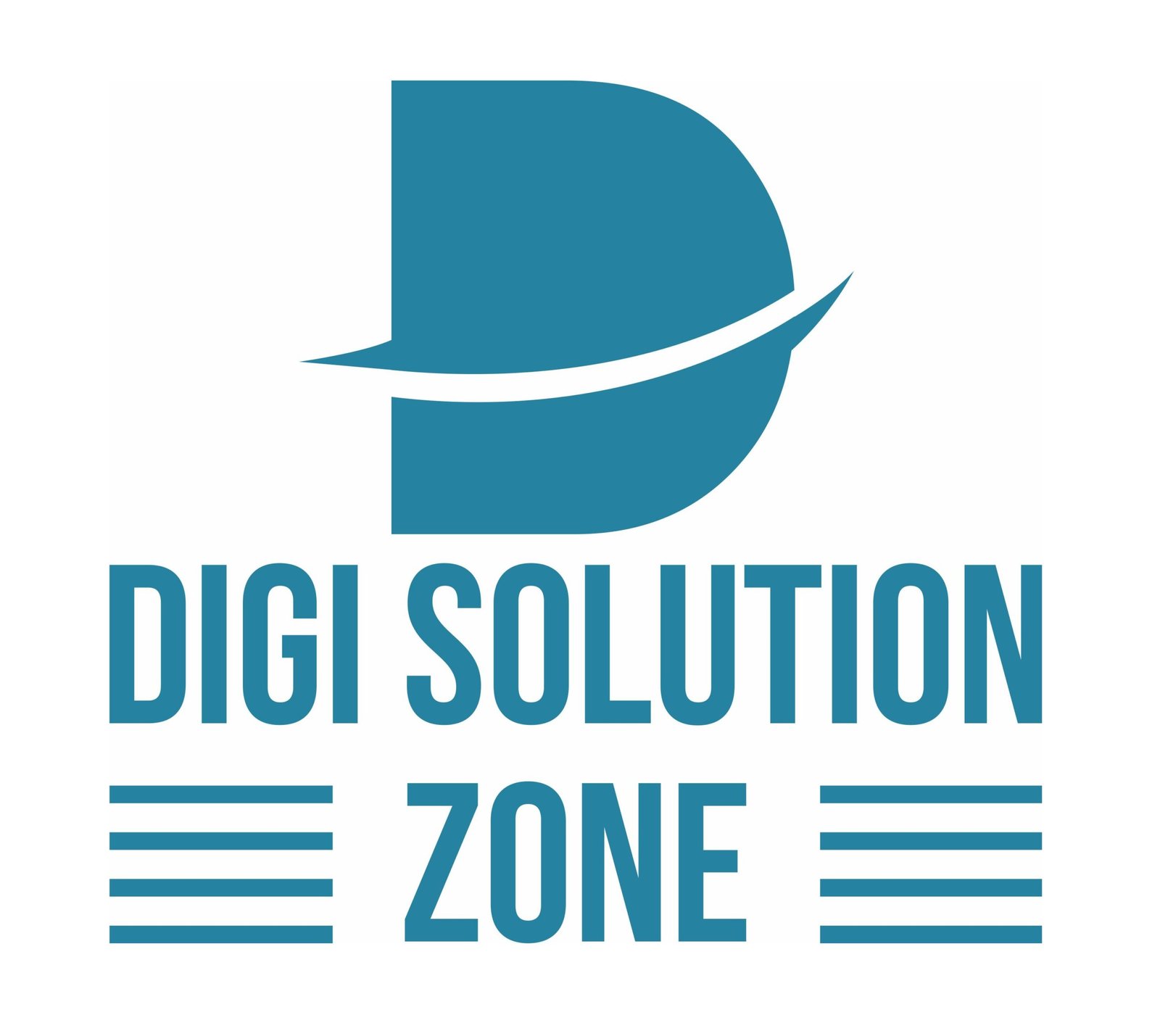In today’s dynamic professional landscape, work-related injuries are not restricted to construction sites or factories. Office employees, too, are susceptible to a range of physical ailments owing to sedentary lifestyles and repetitive tasks. Thankfully, work injury physiotherapy Windermere provides the necessary ways these issues are approached and treated. Clinics like Momentum Physiotherapy in Windermere provide quality care, guiding countless professionals back to health and productivity.
Understanding Work-Related Injuries
Workplace injuries can manifest in various ways – from acute traumas like slips and falls to chronic conditions stemming from repetitive tasks. Even sitting for extended periods can lead to musculoskeletal disorders, underscoring the need for preventive measures across all work settings.
- Repetitive Strain Injuries (RSI): Prolonged, repetitive tasks can cause strain in certain muscle groups, leading to conditions like carpal tunnel syndrome or tendonitis.
- Musculoskeletal Disorders: These involve injuries to the muscles, ligaments, and tendons. Common examples include back pain and neck strain.
- Slips and Falls: These can lead to a range of injuries, from simple bruises to more severe conditions like fractures or sprains.
- Overexertion: Caused by lifting, pushing, or pulling heavy objects. It can strain muscles and damage the spine.
- Accidents Involving Machinery: Common in manufacturing industries where workers are at risk of getting caught or injured by heavy machinery.
- Posture-related Injuries: Mostly seen in office environments where sitting for prolonged hours without ergonomic support can cause back and neck issues.
- Exposure to Harmful Substances: Chemical burns or respiratory issues can arise from exposure to toxic materials.
The Role of Work Injury Physiotherapy
- Assessment and Diagnosis: The first step in work injury physiotherapy is an accurate diagnosis. Physiotherapists employ a holistic approach to identify the root cause of the injury, considering factors like the patient’s daily activities, posture, and workplace ergonomics.
- Personalized Treatment Plans: No two injuries are identical. Thus, treatment plans are tailored to cater to individual needs, ensuring faster recovery and minimal recurrence.
- Ergonomic Advice: Ensuring that a person’s workspace is ergonomically designed can prevent many common work-related injuries. Physiotherapists often provide guidance on optimal desk setup, seating posture, and the use of Ergonomic tools.
- Pain Management: Techniques like manual therapy, ultrasound, and electrotherapy can alleviate pain and reduce inflammation.
- Restoration of Functionality: Through targeted exercises, physiotherapists can help restore lost function, ensuring a speedy and efficient return to work.
- Exercise Regimes: Customized exercise programs tailored to the individual’s needs, enhancing strength and flexibility.
- Education: Empowering patients with knowledge about their injuries, healing processes, and preventive measures.
- Counselling and Support: Many physiotherapy clinics offer counselling sessions, recognizing the vital link between mind and body wellness.
- Stress Management Techniques: Techniques like deep breathing, meditation, and guided imagery can alleviate stress, which often exacerbates physical pain.
Preventive Measures and Rehabilitation
Rehabilitation is not just about recovery; it’s also about prevention. Here’s how physiotherapy aids in both:
- Strengthening Exercises: These exercises are designed to fortify weak muscle groups, reducing the risk of strains and sprains.
- Flexibility Workouts: Increasing flexibility can prevent a host of injuries, especially those related to muscle tightness or shortening.
- Postural Training: Proper posture, whether sitting, standing, or lifting, is crucial to avoid undue strain on the body.
Workers’ Board Compensation (WCB)
Workers’ compensation plays a crucial role in guiding and supporting employees who’ve been injured at work:
- Financial Assistance: WCB provides injured workers with financial support during their recovery period.
- Medical Support: Ensuring the injured party receives the necessary medical treatments, which includes sessions at clinics like Momentum Physiotherapy.
- Rehabilitation: WCB understands the importance of rehabilitation, including work injury physiotherapy, in getting injured employees back to their optimal health and work.
- Return-to-Work Programs: Tailored plans that enable a gradual return to work activities, ensuring the worker is physically ready to resume duties without risking re-injury.
- Awareness and Prevention: WCB often collaborates with organizations to run programs and workshops emphasizing workplace safety and injury prevention.
Looking Beyond Immediate Relief
Work injury physiotherapy goes beyond providing immediate relief. It’s about empowering individuals with the understanding and resources required to avert future injuries. Indeed, in our swiftly moving professional realm, proactive prevention far outweighs reactive solutions.
Taking Proactive Steps for a Healthier Work Life
In today’s rapidly evolving work environment, the challenges of maintaining physical well-being are becoming increasingly multifaceted. From repetitive stress injuries due to extended screen time to more severe mishaps in physically demanding jobs, work-related injuries can take a toll on our overall health and productivity.
However, recognizing these challenges is only half the battle. With the expertise offered by clinics like Momentum Physiotherapy, individuals have the resources to not only recover from such injuries but to prevent their recurrence.
As we move forward in an era dominated by technological advancements and dynamic job roles, it is vital to prioritize our physical well-being. Through prevention, timely intervention, and the therapeutic touch of expert physiotherapists, we can build a work environment that is not only productive but also safe and nurturing for all.
Don’t let work-related injuries bog you down. Take charge, seek expert guidance, and reclaim your health and vitality.




